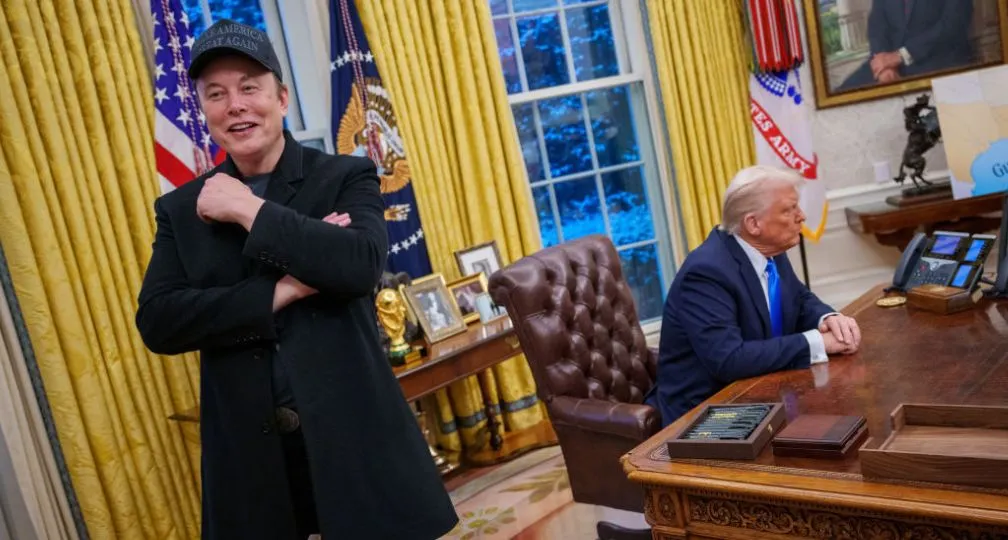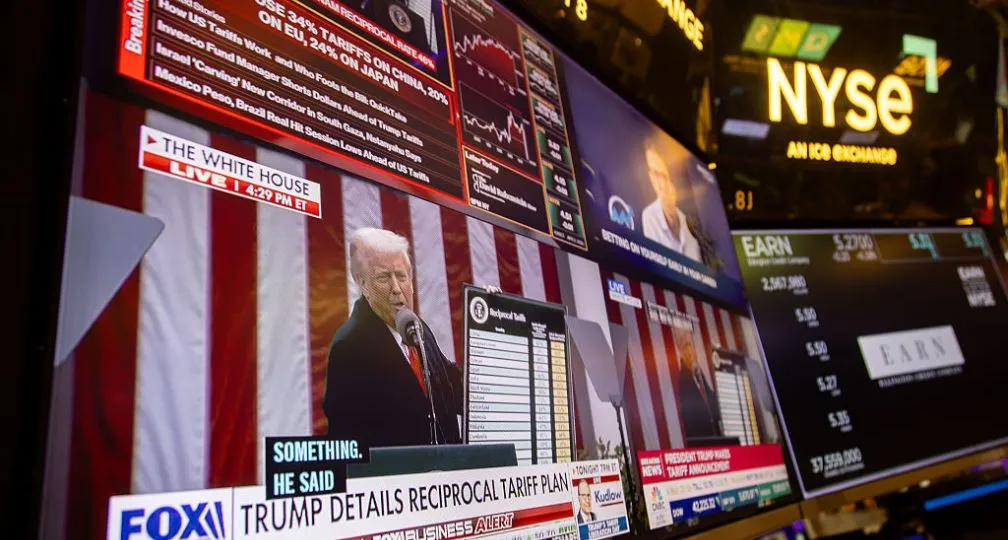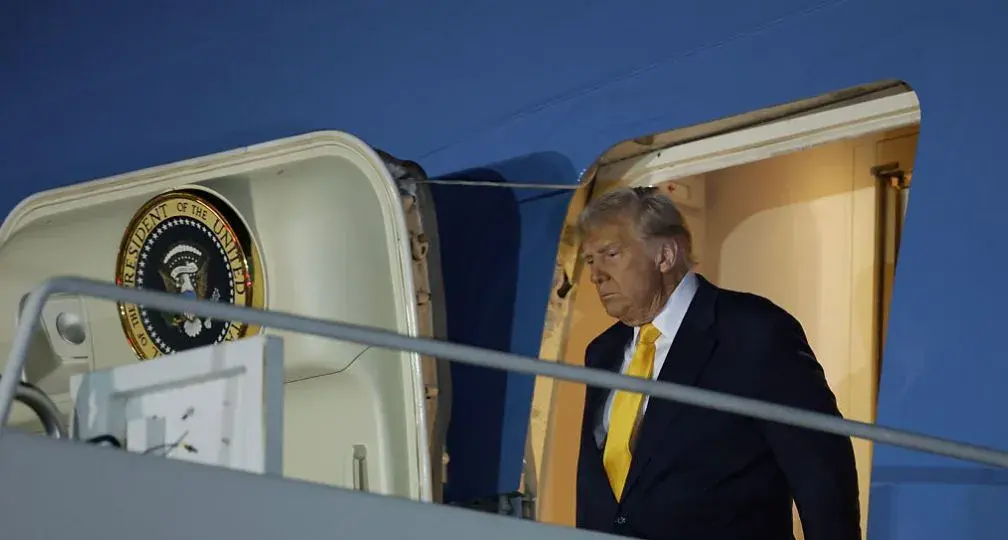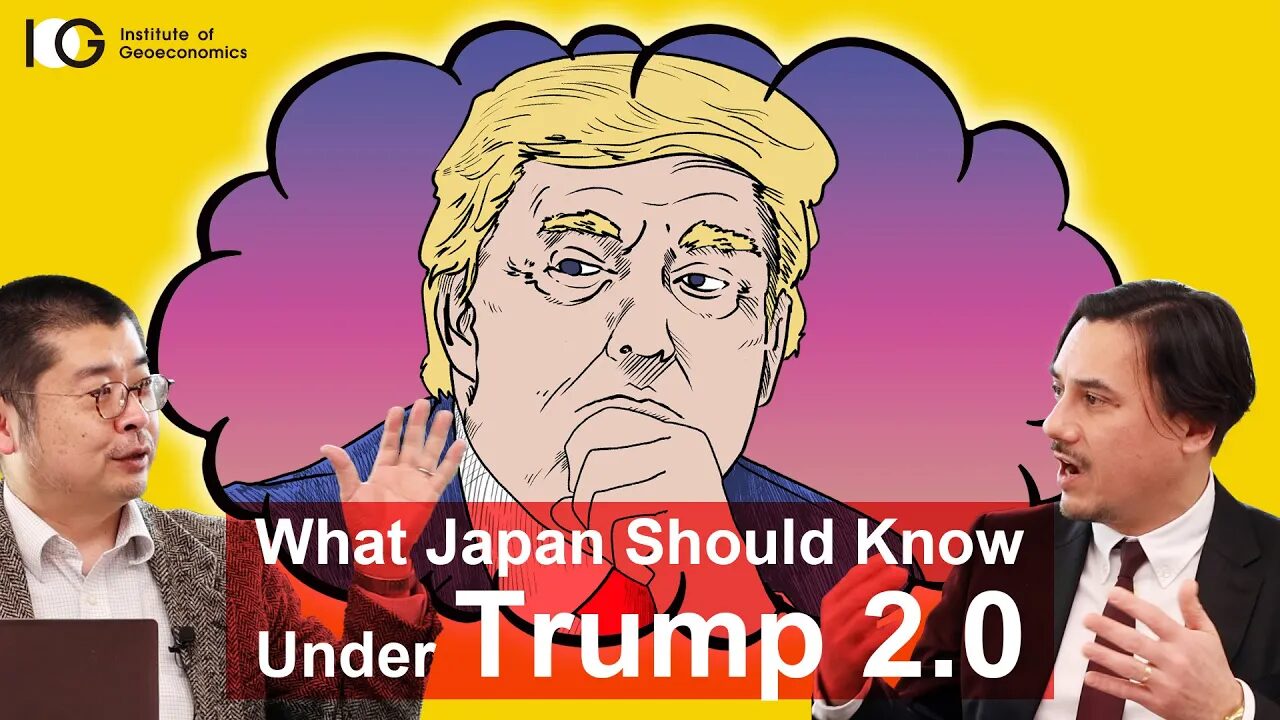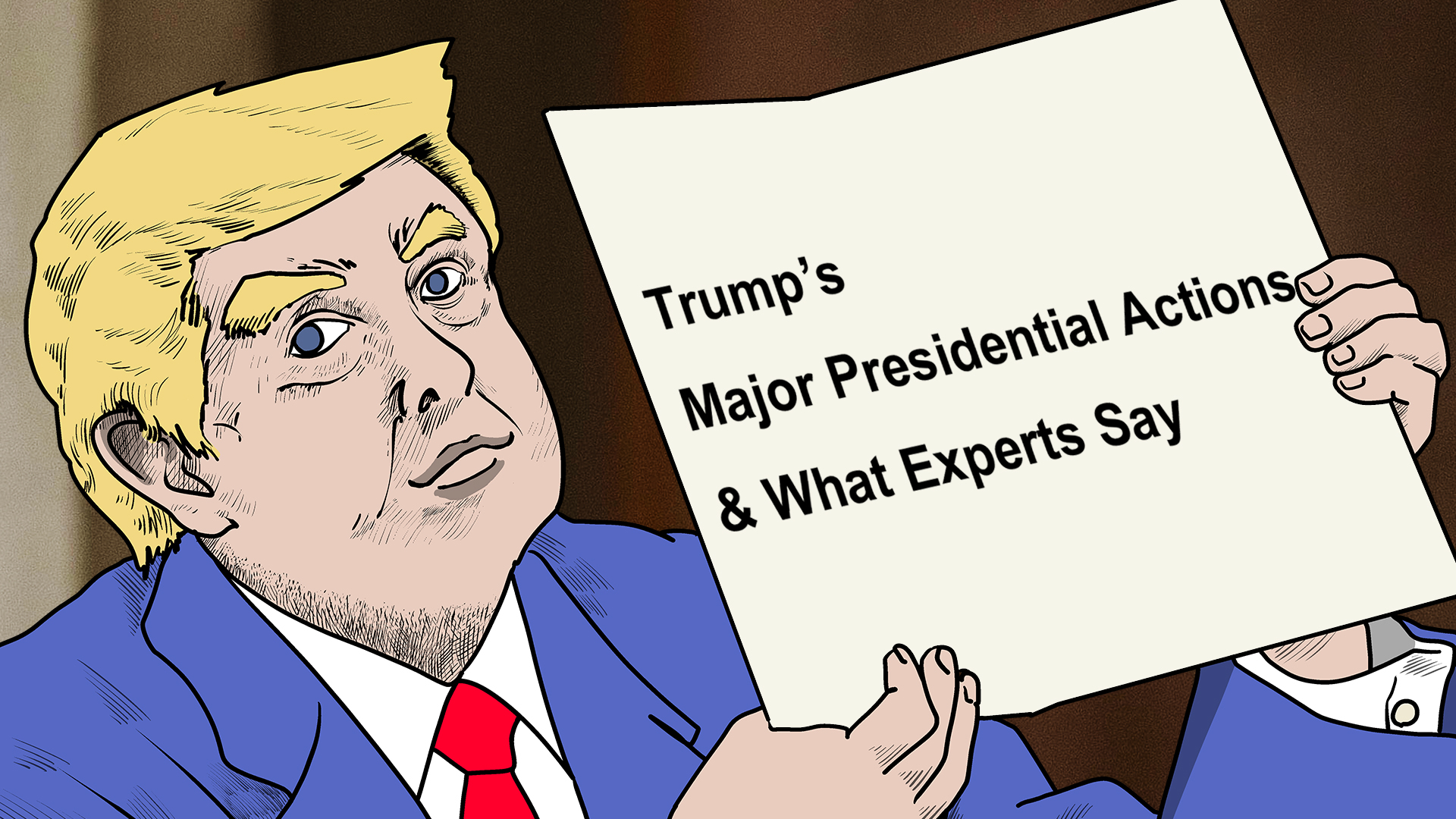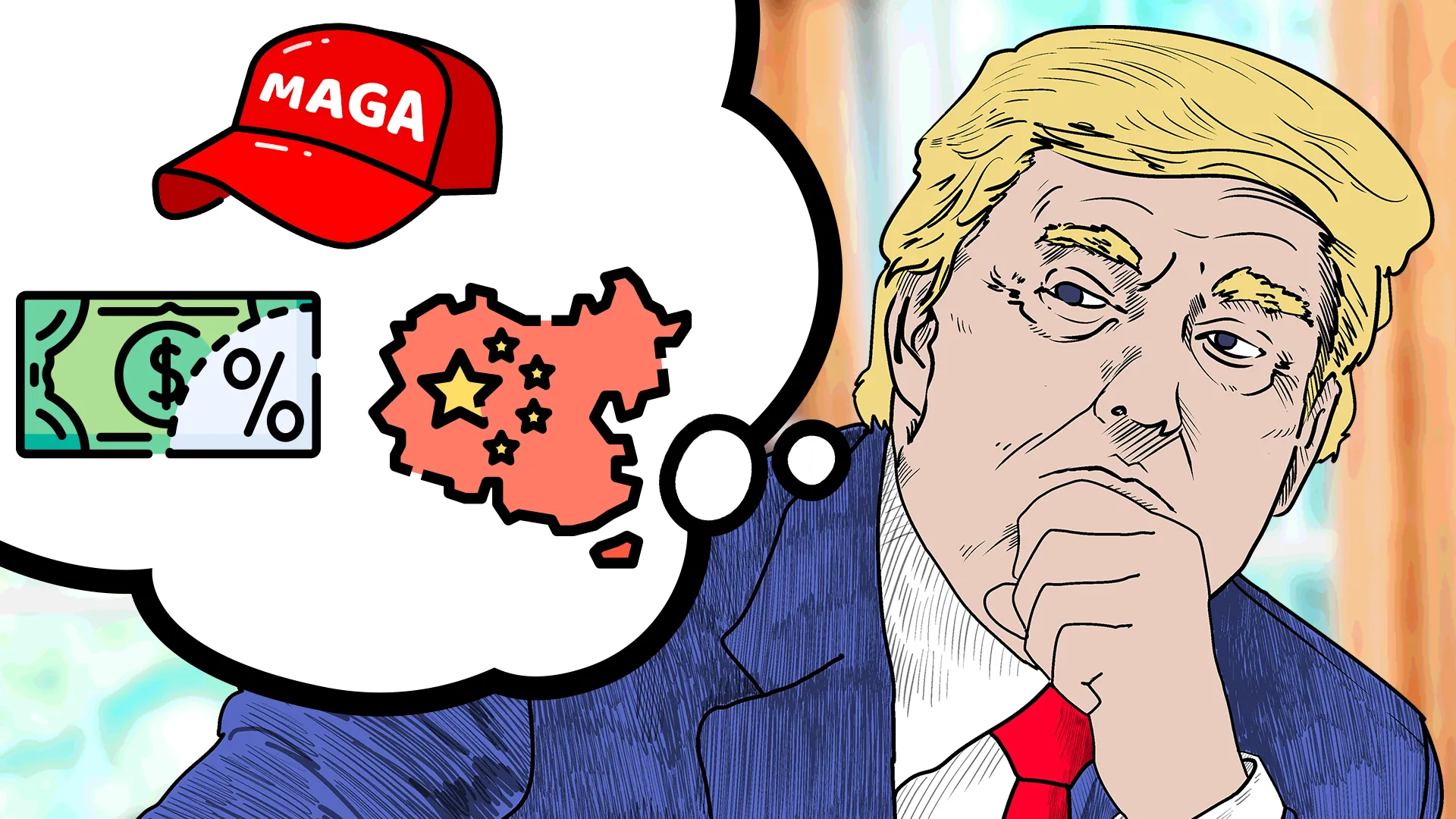Expectations vs. reality of Xi Jinping’s charm offensive
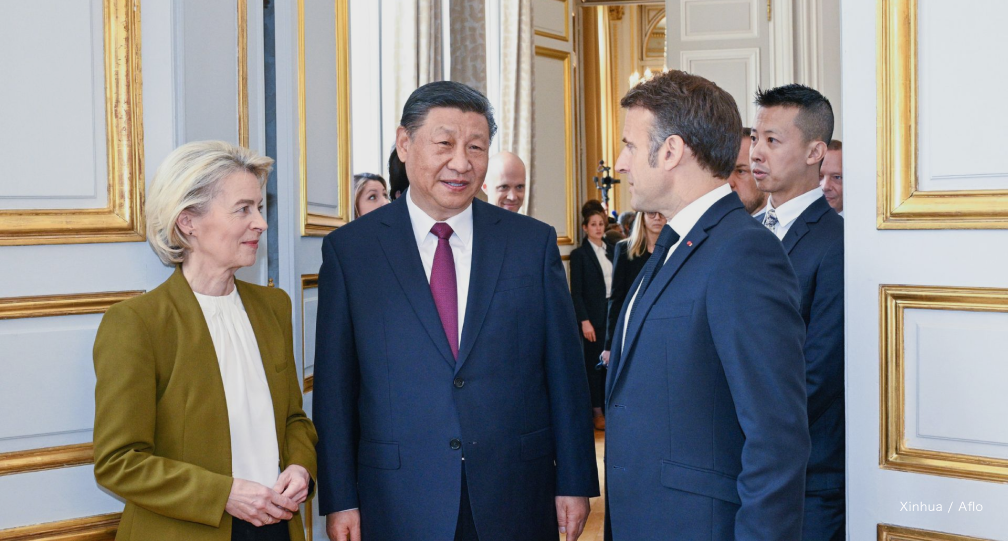
This is but a short-term approach to addressing China’s economic woes. To understand what is really going on, we must take a broad, long-term view without being misled by Xi’s narrative. Xi ramped up his charm offensive after China’s “two sessions” — the National People’s Congress and Chinese People’s Consultative Conference — in mid-March.
Beijing’s first noticeable step was to try and attract more financing from abroad. On March 19, the State Council issued an action plan that posited foreign investment as a driver of Chinese modernization and the Chinese and global economies’ prosperity as going hand-in-hand. Measures to promote investment were announced, including easing entry restrictions and strengthening intellectual property protection. Soon after, another government agency adopted a de facto deregulation of cross-border data transfers.
The diplomatic offensive has also continued apace. “Proactive diplomacy,” “orderly multipolarity” and “stabilizing major power relations” were emphasized at the National People’s Congress — a direct appeal to countries in the Global South.
In March and April, Xi held summits in Beijing with top officials from Dominica, Nauru, the Netherlands, Indonesia and Germany, and in May, he visited France, Serbia and Hungary to drive a wedge between the United States and Europe — moves fueled by competition with the U.S. and the need to revitalize China’s economy. Since the Xi administration entered its third term early last year, several tough economic issues have emerged, including the decline in the working population, a real estate crisis, problems in local governments’ finances, a consumption slump and the withdrawal of foreign investment.
On top of these structural issues, competition with the U.S. has escalated into a tug-of-war in the advanced science and technology fields involving tighter regulations and sanctions on semiconductors and electric vehicles and attacks related to the overproduction of steel and aluminum. The European Union decided to impose additional duties on Chinese overproduction in EVs and has been investigating areas including photovoltaic-related equipment and wind turbines, where it claims distortions in free-market competition are at play. Beijing’s close relationship with Russia on the backdrop of the Ukraine war has also deepened Europe’s mistrust.
Sino-European deception
Xi’s recent visit to Europe had two main objectives: Shaking up the EU by drawing France closer and further incorporating Serbia and Hungary — both notably pro-China — into Beijing’s sphere. On their latest visits to Beijing, French President Emmanuel Macron and German Chancellor Olaf Scholz were accompanied by delegations that included leading national companies such as Airbus and BMW, respectively. Both European heads of state visited China in part to forge business deals — a pragmatic move for any developed country.
For smaller countries, however, the development of infrastructure and manufacturing centers is also a big draw when it comes to attracting Chinese investment. For example, major Chinese EV battery manufacturer Contemporary Amperex Technology Co. and EV-maker BYD have been in Hungary since 2022 and 2023, respectively. However, this is not necessarily the result of EU countries putting economic interests first. The bloc as a whole is becoming increasingly skeptical of China, including as an economic backer of Russia.
On April 23, immediately after Scholz’s visit to China, German authorities exposed Chinese espionage regarding sensitive technology — indicating that the country was already wary of Beijing’s activities prior to the chancellor’s visit. Rather, the fact that some EU countries outwardly emphasize economic relations with China could be seen as a diplomatic tactic to play on Chinese perceptions of Europe and complicate its calculation of gain and loss. More than ever, dual-use technologies and the fragility of supply chains for critical goods are at the heart of discussions. In June 2023, the European Council reached its conclusions on measures to respond to the Russian invasion of Ukraine and on economic security vis-a-vis China — a major step in establishing the bloc’s policy toward Beijing.
The issues raised included reducing economic dependence on Beijing, calling for China to urge Russia to stop fighting and concerns over tensions in the Taiwan Strait, human rights issues in Tibet and Xinjiang, and Beijing’s stance toward Hong Kong. In addition, in the Critical Raw Materials Act proposed by the European Commission and agreed politically by the Council of the European Union and the European Parliament in November 2023, aluminum and synthetic graphite were designated as critical and strategic raw materials to try and reduce dependence on China for such commodities.
Furthermore, in January, the European Commission presented a draft policy package on economic security in investment and trade and in May, it concluded an investigation into Chinese subsidies for photovoltaic companies. The latter resulted in a Chinese company voluntarily announcing that it would withdraw from a photovoltaic power plant in Romania that was subject to the investigation.
Overall, China’s charm offensive is inherently limited by a trust deficit that makes it difficult to draw the EU closer. For his visit to France, Xi wrote a signed article published in the French Figaro newspaper on May 5. In it, he spoke of France’s 60-year history of leading Western countries in diplomacy toward China, the effects of China’s further opening up to the outside world and the country’s desire to contribute to world peace.
“I have proposed in recent years the Global Development Initiative, the Global Security Initiative, and the Global Civilization Initiative,” Xi wrote. “As part of China’s efforts to help improve global governance and resolve tough questions regarding human development, the three initiatives have won the support of more than 100 countries and international organizations.”
Despite these lofty words, there is no doubt that there is a perception gap between China and other countries regarding Beijing’s role in global governance. This is probably why China is inclined toward a bilateral approach in its foreign policy.
Japan’s pluralist approach
Tokyo appeared to have taken a step back, distancing itself from this rapprochement with Beijing. In April, Prime Minister Fumio Kishida traveled to Washington for the first U.S.-Japan-Philippines summit, which focused on security in the South China Sea and East China Sea. Unsurprisingly, Beijing was not happy. Japan’s Foreign Ministry sent a conciliatory signal to China in its Diplomatic Bluebook for 2024, released in April, by emphasizing the countries’ “mutually beneficial relationship based on common strategic interests” for the first time in five years. However, about ten days later, a Chinese Defense Ministry spokesperson criticized the statements as “false” and said that Japan should “change its wrong course of actions.”
That said, a window of opportunity for improving relations opened in May. During the Japan-China-South Korea trilateral summit in Seoul, a meeting was held between Prime Minister Fumio Kishida and Chinese Premier Li Qiang. In it, Japan and China agreed to pursue a “mutually beneficial strategic relationship.” Following this, when the head of international liaison for the Chinese Communist Party, Liu Jianchao, visited Japan, he and Kishida met in a courtesy call. Overall, Japan has demonstrated the importance it places on relations with China.
In the medium term, Tokyo should also shift toward a dialogue-oriented approach that mixes hard and soft tools to diversify the calculation of China’s perception of Japan. A realistic approach to China would be to take a proactive stance on any changes, such as the resumption of visa exemptions, and to try and find avenues for dialogue.
[Note] This article was posted to the Japan Times on July 1, 2024:
https://www.japantimes.co.jp/commentary/2024/07/01/japan/xi-jinping-diplomacy-charm-offensive/

Geoeconomic Briefing
Geoeconomic Briefing is a series featuring researchers at the IOG focused on Japan’s challenges in that field. It also provides analyses of the state of the world and trade risks, as well as technological and industrial structures (Editor-in-chief: Dr. Kazuto Suzuki, Director, Institute of Geoeconomics (IOG); Professor, The University of Tokyo).
Disclaimer: The opinions expressed in Geoeconomic Briefing do not necessarily reflect those of the International House of Japan, Asia Pacific Initiative (API), the Institute of Geoeconomics (IOG) or any other organizations to which the author belongs.
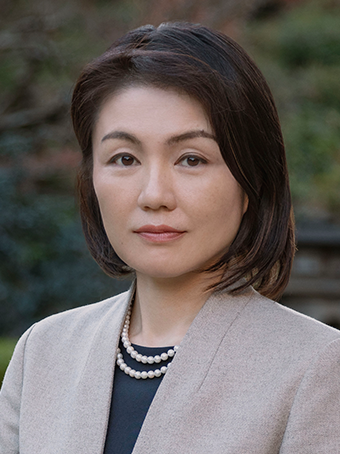

Senior Fellow & Group Head, China
ETO Naoko is Professor at the Department of Political Science, Gakushuin University. Her main research interests include contemporary Chinese politics, Japan-China relations and East Asian affairs. Before taking up her current position, she was an associate senior research fellow at the Institute of Developing Economies, Japan External Trade Organization (IDE-JETRO) and a research fellow at the Center for Area Studies, National Institutes for the Humanities (NIHU). She was also a visiting research fellow at the School of International Studies, Peking University and the East Asian Institute, Singapore National University. She holds an MA in international policy studies from Stanford University and a PhD in political science from Keio University. [Concurrent Position] Professor, Department of Political Science, Gakushuin University
View Profile

